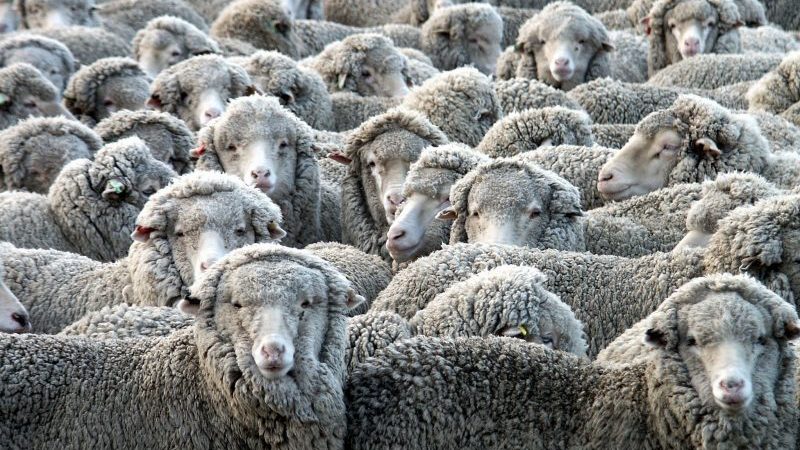New Zealand’s farmers may get a free pass from climate action, under legislative proposals published for consultation on Thursday.
As well as being New Zealand’s primary industry, agriculture is the country’s biggest emitter, accounting for 49% of greenhouse gas emissions. Cows and sheep belch methane, while fertilisers release nitrous oxides.
The Zero Carbon Bill, according to the consultation document, intends to “provide a long-term and stable policy environment, with a clear emissions target and a guided pathway to get us there.”
Under Jacinda Ardern, the government has committed to going carbon neutral by 2050. However, the precise definition makes a big difference to the level of ambition – and the consultation offers three options.
The first is to exempt agricultural emissions from regulation. The government suggests achieving net zero carbon dioxide, focusing only on carbon dioxide and disregarding other greenhouse gases such as methane and nitrous oxide, which dominate emissions from the agricultural sector.
A second option would reduce carbon dioxide emissions, while “stabilising” emissions of agricultural gases such as methane.
Methane is a short-lived gas and disappears relatively quickly in the atmosphere. As detailed in the consultation paper, this means global temperatures can be stabilised without actually reducing the emissions of these gases to zero. However, the stabilising would occur at a higher temperature than if all greenhouse gases were reduced to zero, thus limiting the potential impact worldwide.
The third pathway is to lower net emissions across all greenhouse gases to zero by 2050. This would involve tree planting over up to 10% of New Zealand’s territory.
Andrew Hoggard of industry group Federated Farmers described the middle option as “valid and practical”. While researchers are working on it, he said, “we can in no way bank on the fact that farmers will have available to them options to reduce their methane and nitrous oxide emissions in a dramatic fashion.”
In the absence of technological answers, curbs on those gases would force a reduction in livestock numbers. That would simply push meat and milk production overseas, argued Hoggard.
But Greenpeace climate campaigner Kate Simcock urged the government to include all sectors and gases in the target.
“Anything that neglects to include half of the country’s climate pollution would not be taking collective responsibility for climate change – a global challenge that effects everyone,” she said. “It is no surprise that the dairy industry want to keep their gases out of the act – they are the worst industry for avoiding responsibility for emissions.”
